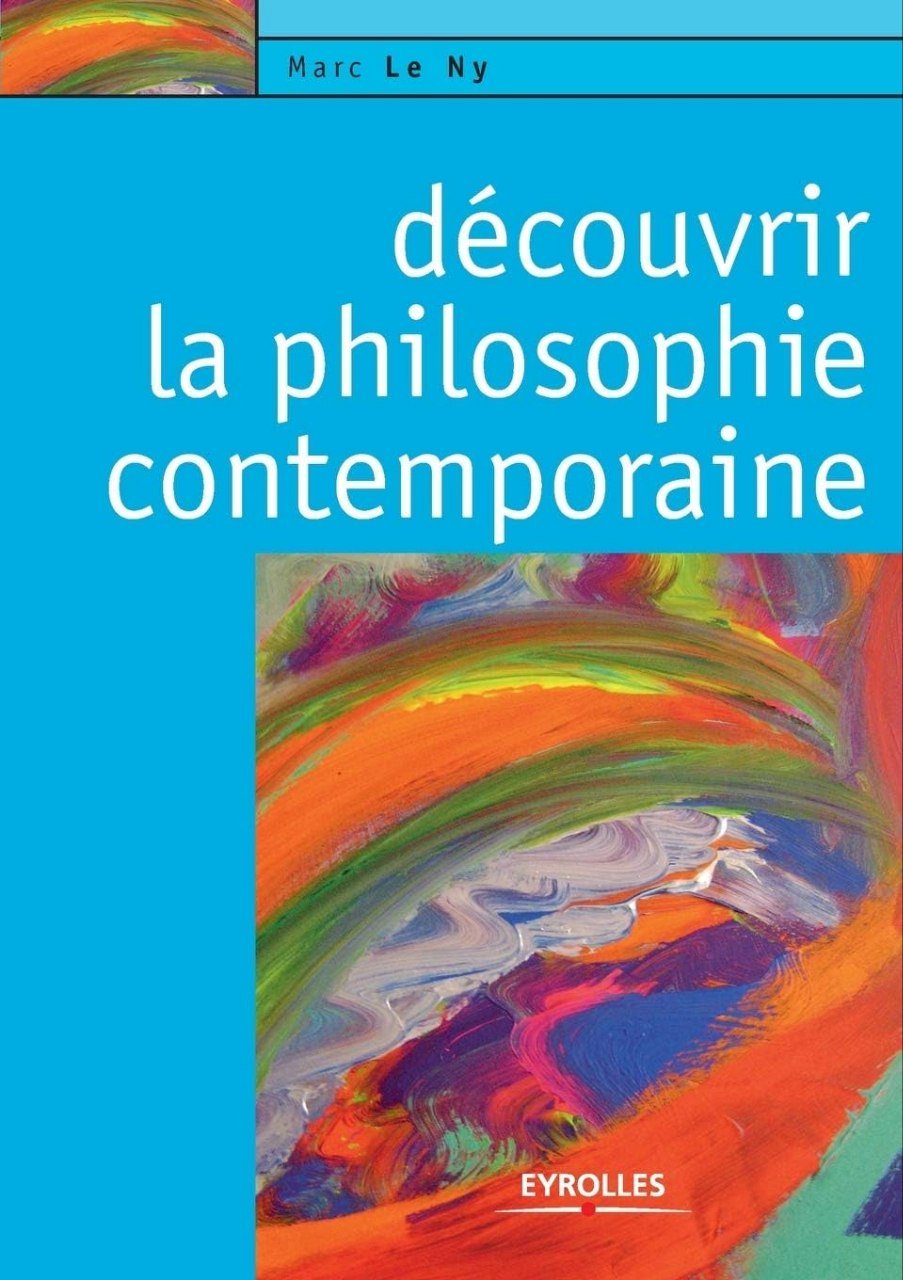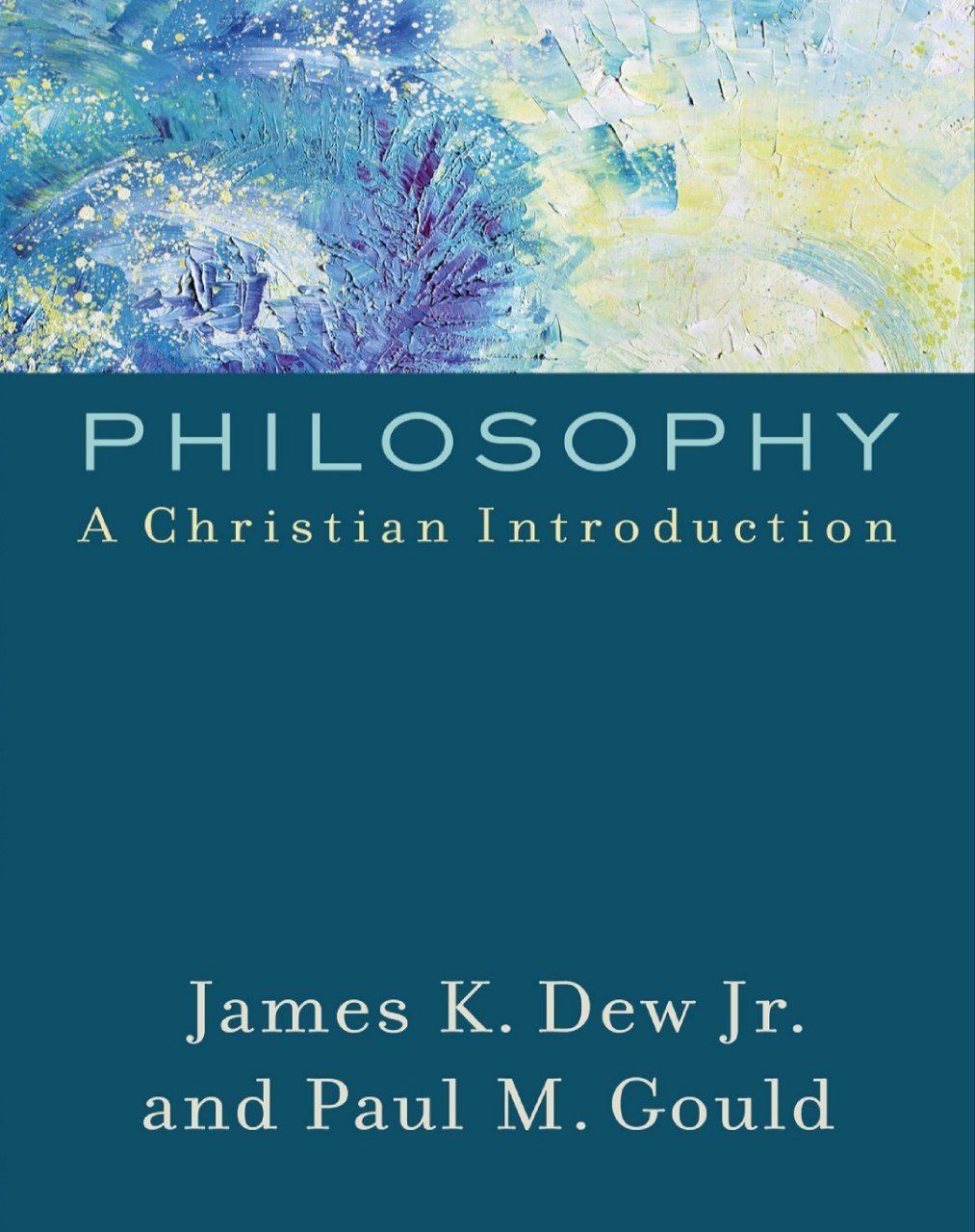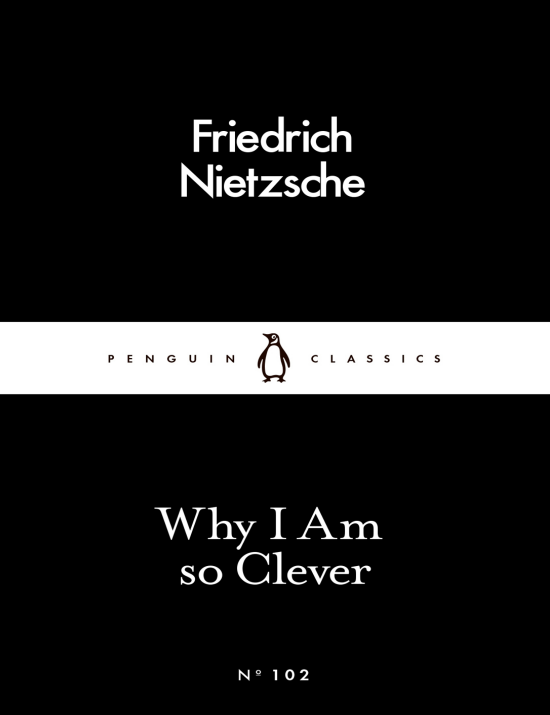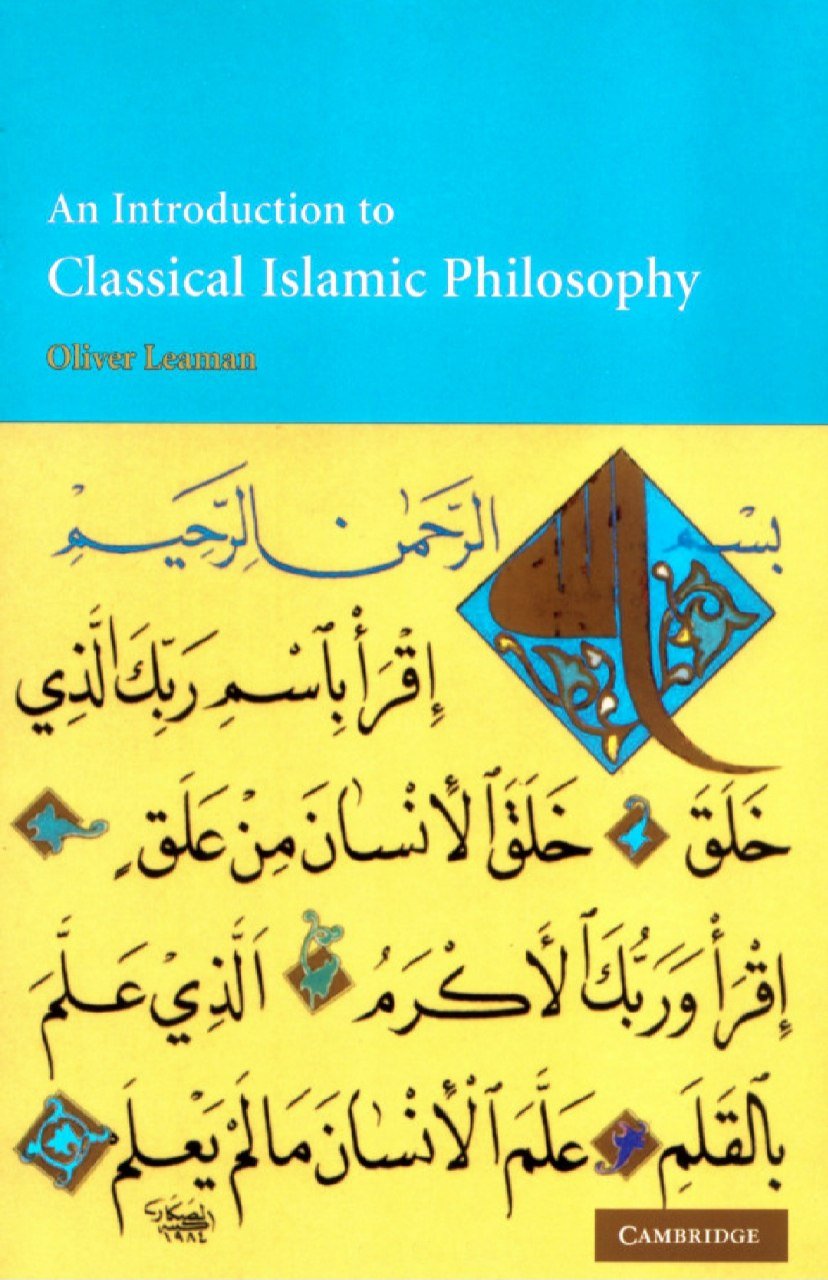

The Routledge Companion to Philosophy and Music
Reviews
No review yet. Be the first to review this book!
Description
The Routledge Companion to Philosophy and Music, edited by Theodore Gracyk and Andrew Kania, is a comprehensive and interdisciplinary work that explores the intersection of philosophy and music. This book brings together a collection of essays from leading scholars in both fields, offering a diverse range of perspectives on the complex relationship between music and philosophical inquiry. It covers historical, theoretical, and practical aspects of how music has been interpreted and understood through the lens of philosophy. The companion addresses a variety of philosophical themes, including the nature of music, its ontology, its emotional and aesthetic impact, and its ethical implications. It aims to provide a deep understanding of philosophical aesthetics and how music has been a central topic within that domain. The essays explore key questions such as: What is the nature of music? What does music express? How does music engage with our emotions and our cognition? What is the relationship between music and meaning? How does music shape human experience and culture? Key areas of discussion in the book include: Music and Metaphysics: The book delves into questions about the essence of music, asking what it means to be a musical work, and how we conceptualize music in both abstract and concrete terms. It explores the ontological status of music—whether it exists in a physical form, like a score or a recording, or whether it exists only as a kind of temporal event. Music and Emotion: One of the central themes in the philosophy of music is how music can evoke emotions. The companion examines how music works emotionally on listeners, and whether emotions evoked by music are different from those triggered by other forms of art. It also addresses emotional expression in music and how it connects to human experiences of feeling and affect. Aesthetics of Music: The book provides insights into how music has been discussed in terms of beauty, sublimity, and taste, drawing from classical and contemporary aesthetic theories. It explores how music relates to other art forms in terms of its aesthetic value and its ability to produce aesthetic experiences. Ethics and Music: Some of the chapters tackle the ethical implications of music, considering issues like how music can influence behavior, social change, or moral attitudes. This section explores the ways in which music might be used to promote or challenge specific values, and how music may impact the moral development of individuals and communities. Music and Cognitive Science: The companion also addresses contemporary questions about the cognitive and psychological effects of music, investigating how we process and understand music. It explores how music interacts with memory, perception, and learning, shedding light on the scientific aspects of music and its effects on the brain. Philosophical Traditions and Music: The book examines how various philosophical traditions, such as analytic philosophy, continental philosophy, and pragmatism, have engaged with music. It highlights how different philosophical frameworks have approached key issues like meaning, interpretation, and the nature of musical experience. Music, Culture, and Society: The companion also looks at how music is intertwined with culture and social practices. It discusses how music has been used for political or social purposes, how it functions in different cultural contexts, and how it reflects and shapes societal values. Throughout the work, the editors have selected essays that provide a broad, interdisciplinary approach to the subject, featuring contributions from musicologists, philosophers, and theorists. These essays not only cover traditional philosophical approaches but also bring in contemporary discussions and current debates surrounding music. Overall, The Routledge Companion to Philosophy and Music serves as an invaluable resource for students, scholars, and anyone interested in exploring the deep and multifaceted relationship between music and philosophy. It provides a nuanced and wide-ranging view of the ways in which music has been and can be understood in philosophical terms, opening up new avenues for thought and discussion.

























.jpg)

.jpeg)







.jpeg)



.jpeg)

.jpg)

.jpg)



.jpg)










.jpeg)

.jpg)









.jpg)


.png)

.jpeg)











.jpg)



.jpg)















































